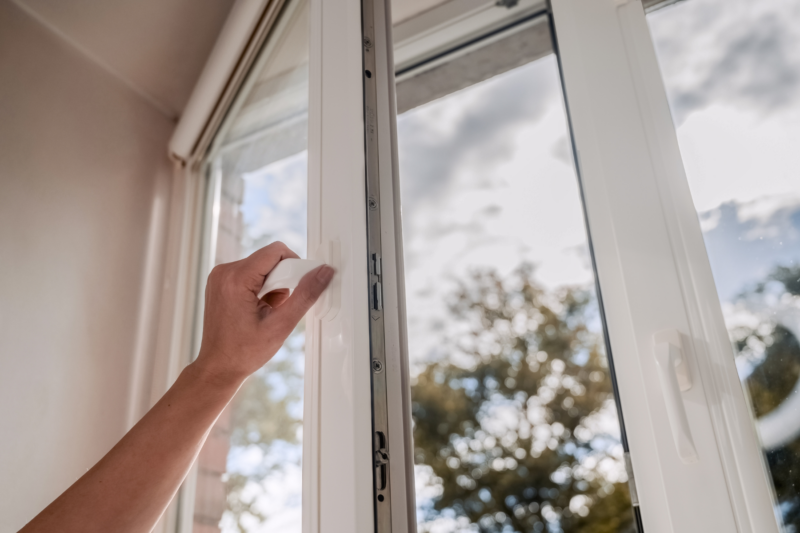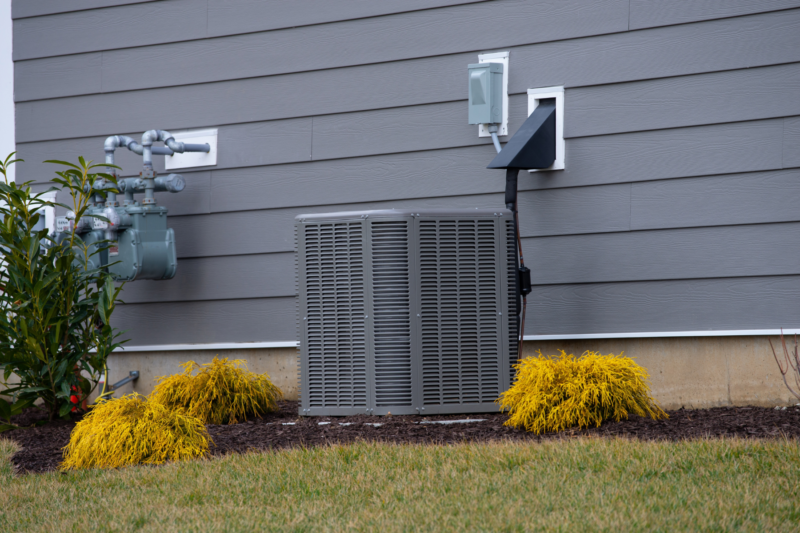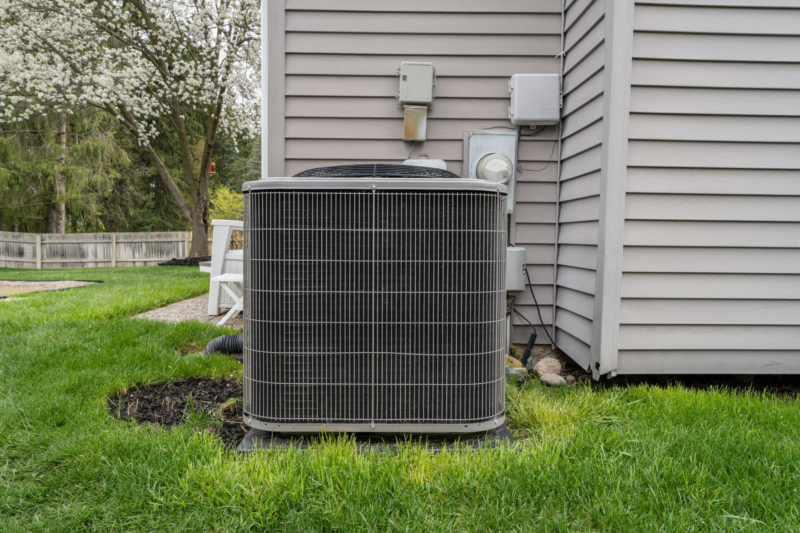Refrigerant 718 is the oldest refrigerant known to man, is environmentally friendly, and is found abundantly in nature. It sells retail for only pennies a pound. Yes, R-718 is so safe in most homes you can open the faucet and drink it (new technicians are often sent on an errand to get a cup of R-718). As you may have guessed, R-718 is just plain H2O, water.
What is a Refrigerant?
Before going any further, let’s be clear – virtually any material that changes readily from a liquid to vapor can be used as a refrigerant. Spread a few drops of water on your skin, or stand in the mist machine at the amusement park and you can enjoy the cooling effect of water.
The problem is, water evaporates most effectively at temperatures and pressures not well-suited to your home air conditioner system. New technology is called for and in Munich, Germany, a company is boasting a cooling unit for large computer room applications called the eChiller – using water as refrigerant. Perhaps one day, this technology will be put to work in your home and mine.
What are Some Other Unusual Refrigerants?
You may have guessed the American Society of Heating Refrigeration and Air Conditioning Engineers (ASHRAE) list includes several other surprising substances: ammonia (R-717), propane (R-290), and butane (R-600), for instance. Think about it – have you ever noticed cold condensation on the outside of your propane tank when you are running low on gas for your BBQ? Cooling is taking place as the fuel changes from a liquid to vapor in the tank. Obviously, these chemicals are toxic or flammable and because of their dangerous nature; you certainly do not want them in your home.
Nonetheless, they do have some limited commercial and industrial applications and for this reason are considered refrigerants. In addition to flammability and toxicity, for a refrigerant to be considered practical and useful, there are many other factors to consider other than “does it cool?”.
Design Engineered
Your new air conditioner is larger than your old one because of the demand for higher efficiency and the environmental requirement for new refrigerants. Every refrigerant has its own unique set of chemical properties that dictate the size and construction of the equipment necessary for efficient and effective operation. Ammonia, for instance, is very corrosive so the equipment must be made of steel which is heavy, and does not conduct heat as well as copper and aluminum. In some applications, ammonia is used in a process called absorption cooling, to make cold (38o-42o F) water that circulates to cool the home. Very efficient, very effective, and very expensive.
Your Home A/C
Yes, there are nearly endless possibilities to how you can cool your home. At Complete Comfort, we feature Lennox equipment because of its superior engineering, construction, and the inverter technology that provides amazing dehumidification at the highest efficiencies in the industry.
One thing all air conditioners have in common is, the best way to ensure the life-time performance of your mechanical system is to subscribe to a Complete Comfort’s Comfort Club membership. An appropriately scheduled maintenance program will extend the life of your system and will allow you and your family to breath clean air throughout the year.
When you are ready to make your decision, call (561) 529-6262.
References:
https://www.researchgate.net/publication/267588206_Comparing_Water_R718_to_Other_Refrigerants



